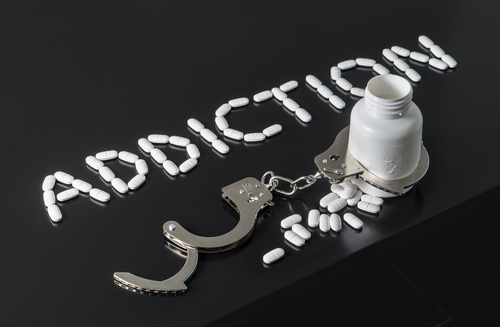
As the saying goes, The first step is admitting you have a problem. Living in denial is the biggest hindrance of addiction, but being able to break through the barriers and admit, not only to yourself but to your loved ones that you have a problem is a large part of recovery.
Many people who are suffering with drug or alcohol addictions, hide the fact that they have a problem. Here are a few things to keep in mind before telling your loved ones about your addiction.
Finding The Right Time
When suffering with any addition, it is advisable to seek help as soon as possible. Addictions of any kind can cause physical and mental harm, so it’s best to seek professional help to avoid causing any further damage.
Choosing the right moment to talk about it to your family is key. Try picking a place where you are comfortable, and calm. This can then give your loved one’s chance to digest the information without distractions.
Be Truthful
Opening up to your loved ones is one of the biggest hurdles, so be sure to be honest about your addiction. Talk to them about when it started, the root cause, how long it has been going on.
Dishonesty is a common relapse trigger, so it is essential that you remain honest and open when talking about your addiction. Honesty allows you, and your loved ones to start to heal and rebuild the relationships which may have been broken due to your addiction.
Get Them Involved
Having a good support network behind you can aid in your recovery, not only while you are receiving treatment, but for the months and years which follow where you will find you need the most support in staying clean.
Letting your loved ones be involved in your recovery can benefit you greatly. Family members can sometimes feel isolated and can find it hard to come to terms with the reasons behind there loved ones addiction. Keeping them involved throughout the treatment process is essential for a complete recovery.
Understand Your Addiction
Many addiction treatment programmes contain a range of therapies and detoxes which help make sure you reach your recovery goals.
A combination of group therapies along with individual therapy sessions are usually advised.
These therapies are there to help you fully understand your addiction, examining your behaviour and teach you ways on how you can identify the negatives and change the way you respond to those situations.
The more you understand your addiction and the reasoning behind it, the easier this will be on your family and friends. They can gain knowledge of your addiction and triggers and be able to support and guide you in the coming months and years.
Posted on Tuesday, March 31st, 2020 in Featured, Latest News.



